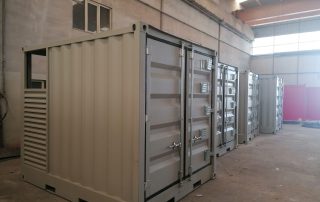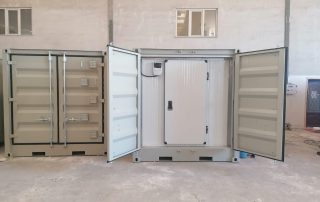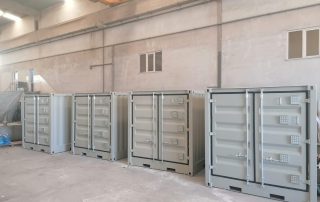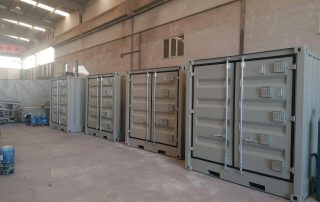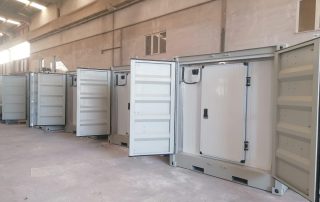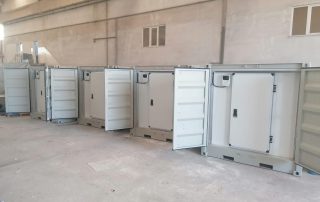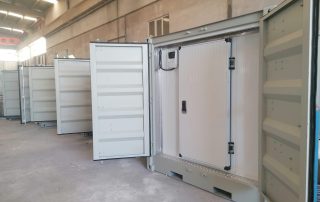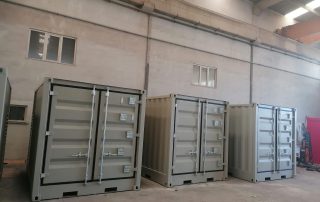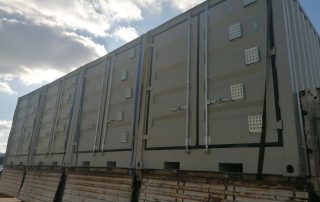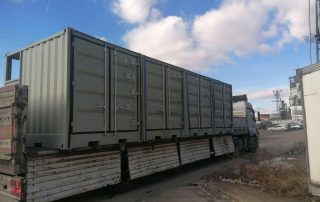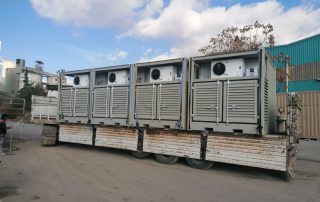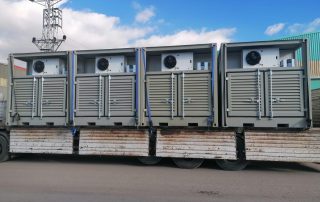Cold Storage Containers: The Complete Guide to Temperature-Controlled Solutions
Introduction: Why Cold Storage Containers Are Important
In businesses from food logistics to pharma, getting the exact temperature right is essential. Cold storage containers offer light, power-efficient options for keeping sensitive products cool while in transit or at a temporary location. As a restaurant owner, medical supplier, or agricultural operation, learning about these containers can streamline your business and cut waste.
Why Businesses Require Cold Storage Containers
Unlike traditional refrigeration, cold storage containers offer:
✅ Mobility – Transfer sensitive products anywhere
✅ Energy Savings – Latest insulation reduces energy usage
✅ Flexibility – Expand capacity when required
✅ Dependability – Maintain constant temperatures in harsh environments
Industries That Use Cold Storage Containers:
Food & Beverage (restaurants, catering, fisheries)
Pharmaceuticals (vaccines, medicines, biologics)
Agriculture (fresh produce, dairy, flowers)
Chemical & Laboratory (temperature-sensitive samples)
Types of Cold Storage Containers
1. Refrigerated Shipping Containers
Best suited for: Large-scale logistics
Road and Rail Available
Temp Range: -30°C to +20°C (-22°F to 68°F)
Features: GPS temperature monitoring
Heavy-duty insulation
Forklift-compatible design
2. Portable Walk-In Cold Rooms
Best suited for: Temporary storage at events or construction sites
Road and Rail Available
Temp Range: -25°C to +15°C (-13°F to 59°F)
Features:Modular assembly
Customizable shelving
Energy-efficient compressors
3. Medical-Grade Cold Storage Units
Best for: Vaccines, lab samples, and pharmaceuticals
Temp Range: -70°C to +8°C (-94°F to 46°F)
Features:Ultra-low temperature stability
Backup power systems
Compliance with FDA/WHO standards
4. Solar-Powered Cold Containers
Best for: Off-grid or remote locations
Temp Range: 0°C to +10°C (32°F to 50°F)
Features:Battery backup
Eco-friendly operation
Low maintenance
Key Features to Look For
When choosing a cold storage container, consider:
Temperature Accuracy – Precision control (±1°C)
Insulation Quality – Polyurethane foam for optimal efficiency
Source of Power – Electric, solar, or hybrid setups
Monitoring System – In-situ alarms for changes
Strength – Stainless steel or reinforced construction
Maintenance Tips for Longevity
Regular Defrosting – Prevent ice buildup in freezers
Check Seals & Gaskets – Close doors tightly
Check Compressor Health – Book professional servicing
Clean Condenser Coils – Improve efficiency
Test Backup Power – Avoid breakdowns during power failures
Future Cold Storage Trends
The sector is moving towards:
AI-Powered Cooling – Preemptive temperature adjustments
IoT-Enabled Tracking – Smartphone-based remote tracking
Sustainable Refrigerants – Lowered carbon emissions
Automated Loading – Robotic loading for faster logistics
Last Thoughts
Whether you need temporary event storage or a fixed refrigeration system, cold storage containers provide flexibility, effectiveness, and reliability. An investment in the right system can save money, reduce spoilage, and comply with industry requirements.
Contact us today for a customized container solution to your industry’s largest challenges!

